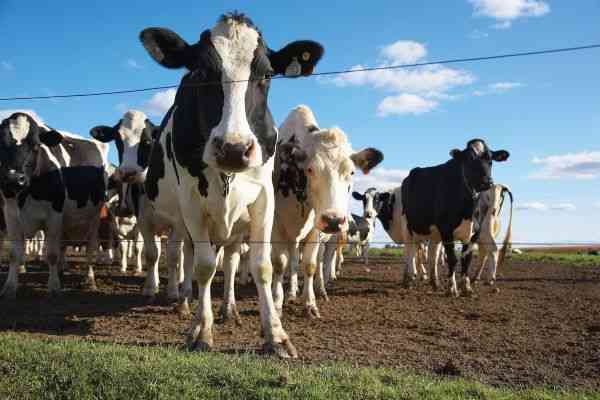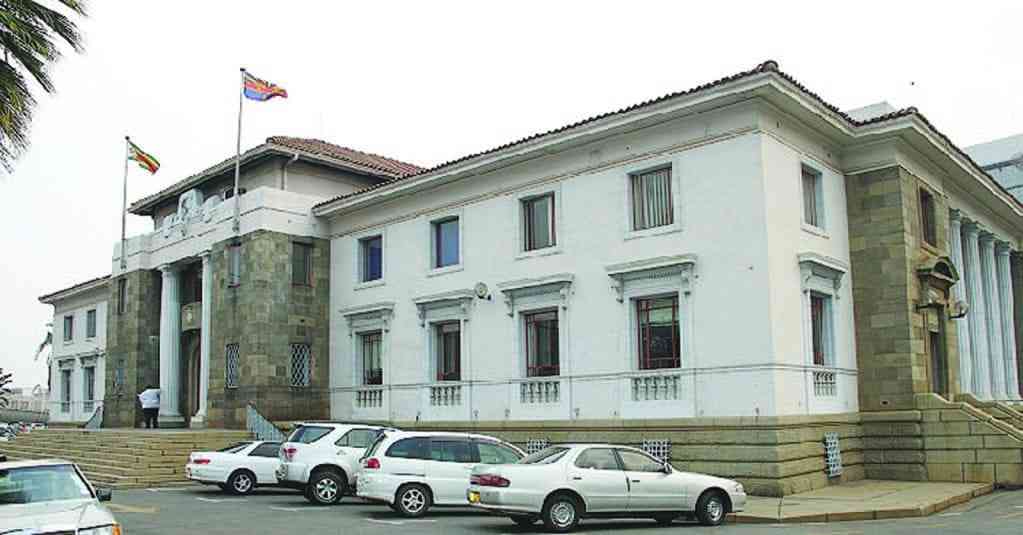
KITUMETSI Ncube from Ntalale village Gwanda stood silently at the edge of his grazing fields with a heart heavy as he surveyed the stark transformation around him.
Just months ago, this land had been a thriving paradise, bursting with rich, green grasses that danced in the gentle breeze.
But now, the scene was hauntingly different.
Before him lay an expanse of cracked earth, resembling a forgotten desert more than a once-fertile farm.
The grass, which had flourished like a vibrant carpet, was now reduced to brittle, brown stubs that poked through the parched soil.
It was a tangible reminder of the relentless sun and the scarcity of rain that had gripped his land.
Kitumetsi's cattle, once plump and lively, wandered listlessly among the remnants of their former grazing grounds.
Their heads hung low, and their eyes, once bright with vitality, now seemed dull and weary.
- Record breaker Mpofu revisits difficult upbringing
- ED speaks on prices, exchange rate
- Mapeza looks forward to Bosso challenge
- Illegal gold rush fuels violent crimes
Keep Reading
He watched as they nibbled at the sparse tufts of grass, their ribs protruding sharply, a painful sight that twisted his stomach with anxiety.
Ncube's heart sank further as he recalled the joy of watching his livestock thrive.
Now, the only sounds were the faint rustling of dry leaves and the distant calls of birds, echoes of a life that felt increasingly out of reach.
He stood up and looked around, his eyes scanning the horizon for any sign of relief, but the landscape stretched endlessly, offering no hope of rejuvenation.
As the sun began to set, casting long shadows across the scorched earth, Ncube felt the weight of despair settle over him like a heavy blanket.
Yet, deep within him, a flicker of determination remained.
He would reach out to neighbouring farmers, seek advice from agricultural organisations, and explore new ways to adapt.
Ncube's heart ached for his land and livestock, but he understood that resilience was his only option in this battle against nature.
Livestock expert Mhlupheki Dube said the department of veterinary services is recording an increasing number of livestock deaths in Matabeleland North and South due to the El Nino drought.
“These will get worse in October up to November,” Dube told Standardpeople.
The drought caused by El Niño results in severe water shortages, which are critical for livestock survival.
Animals require adequate water for drinking and for maintaining their health, and a lack of water can lead to dehydration and increased mortality rates.
Lands Agriculture, Fisheries, Water and Rural Development ministry Livestock Production Department director Sitokozile Sibanda said farmers were resorting to strategic culling.
“Farmers are disposing of old or unproductive animals and using the proceeds to buy supplementary feeds and veterinary drugs to save the breeding stock,” Sibanda said.
“The drought has really pushed prices of feed and feeding resources upwards.
“Some farmers had to destock some of their unproductive animals, some of which failed to fetch good market prices due to loss in body condition and slaughter/carcass quality.
“In some areas livestock market prices have dropped due to the loss in condition and an influx of farmers selling off their animals.”
Sibanda said the government has intervened by providing emergency relief feeding and regulating cattle sales by strengthening the policy framework for regulated cattle marketing and auction.
A Hwedza farmer Rachel Kuzanga said: "I have sold most of my animals to feed my family and it's heart-breaking, but I have no choice.”
With crops withering and fields parched, Kuzanga's farm is no longer viable.
The drought has decimated livelihoods in Hwedza leaving farmers struggling to cope.
To address the effects of the drought there are initiatives that have been put in place to provide emergency feed and water supplies
"The government is promoting resuscitation of water bodies such as dams and weights where Zimbabwe National Water Authority is rehabilitating dams and constructing new ones,” Sibanda said.
“The government is also promoting irrigation development for establishment of pasture greenbelts in addition to the drilling of boreholes and construction of feeding troughs and water troughs through programmes such as the Village Business Unit Model.”
He added: “Through research and development, the government, through Innovation Platforms, is promoting the preservation of locally adaptable breeds such as the Mashona and Tuli where semen is being tapped from these breeds and being reintroduced into communities to improve the breeds through the National Artificial Insemination programme.”








